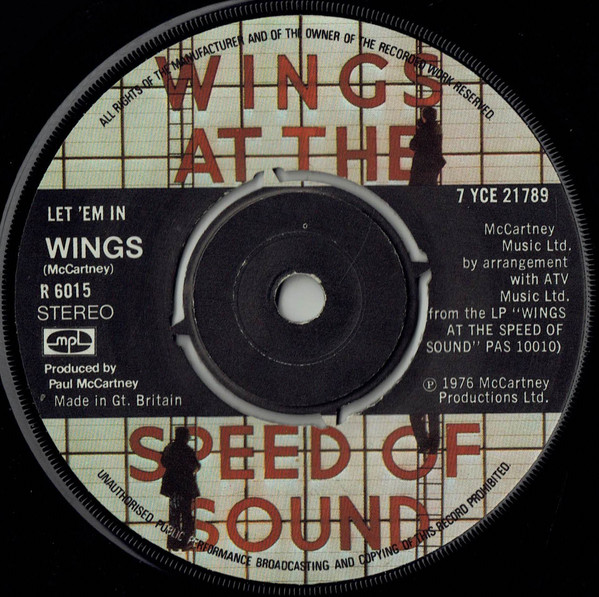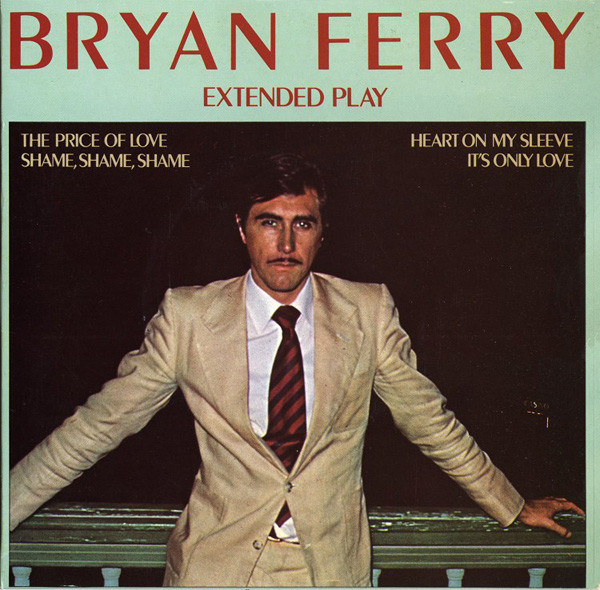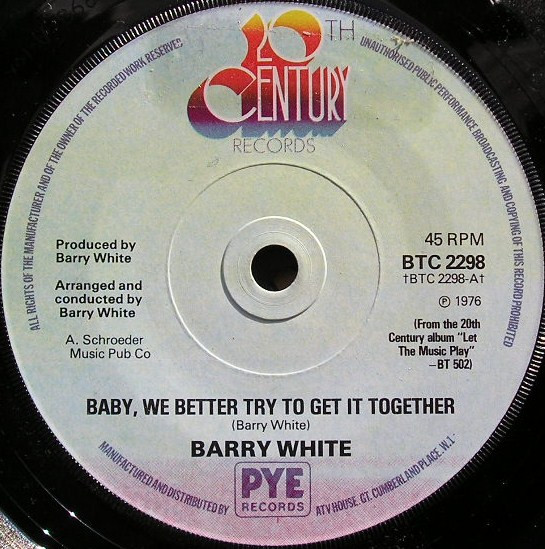
The weather broke very quickly early in the month. By the end of September it was snowing in Uddingston, and perhaps some of my classmates will recall with hilarity my attempting to struggle down the Main Street in order to reach school without breaking my bones. This, I thought, is our punishment for enjoying the summer, for going places and seeing things. Everything comes as a cost. My second year trundled along reasonably nicely. Actually I ought to have been commencing my third year at school by now but I had to repeat a year at Muiredge Primary for some obscure bureaucratic reason which pretty much eradicated the little enthusiasm for school that I had harboured.
"He's ahead of his age group!" "But it's not fair on the others." It was the same when trendy pen-pushers at UGS decided to make third year English a mixed ability class. I'd been one of the top two English students in my second year and the purpose of those third and fourth years was to cut me down to size. Too clever for my boots. "But it's not fair on the others." That inspired me to adopt autodidactism as the real way to proceed. It was also what I understood as socialism, in the West Central Scotland sense - "I want to achieve things, maximise my potential (as they say these days)!" "But it's not fair on the others." "I have a life and I want to live it." "But it's not fair on the others."
But back to my actual second year...
Notes on Text
In September 1976 there was an awful lot of jumping around going on in the charts with singles yo-yoying up and down the list. I ascribe this to suboptimal record-keeping on the part of the shops returning sales figures to the British Market Research Bureau, or perhaps the plain absence of available stock. The one major re-entry that month was "Sailing" by Rod Stewart, which returned to the chart a year after it had topped it, since it was being used as the signature tune to a popular BBC documentary series about life on the warship the H.M.S. Ark Royal. Although it only (only?) peaked at number three on this occasion, it was possibly a bigger long-term hit than it had been in 1975. I didn't feel the need to write about it again in 1976.
4 September
TOMMY HUNT: Loving On The Losing Side/Sunshine Girl (Spark SRL 1146)

The former Flamingos lead singer goes for a Philly Sound sound; pleasant enough, but a little too close to "The Love I Lost" for comfort.
PUSSYCAT: Mississippi/Do It (Sonet SON 2077)

Glutinous MoR ballad from what sounds like the Netherlands' answer to the New Seekers. A really corny moment when the "Peter Gunn" riff begins when the lead singer starts to complain about the jukebox playing "rock-ee-roll." Doesn't she even like electricity? What people think Abba are like, is how this record sounds.
TINA CHARLES: Dance Little Lady Dance/Why (CBS 4480)

Boring retread of her number one. With this and Jimmy James and the Vagabonds, one wonders if Biddu wants to reduce all of the acts he writes for and produces to the level of a tin of Heinz Baked Beans.
MANFRED MANN'S EARTH BAND: Blinded By The Light/Starbird No. 2 (Bronze BRO 29)
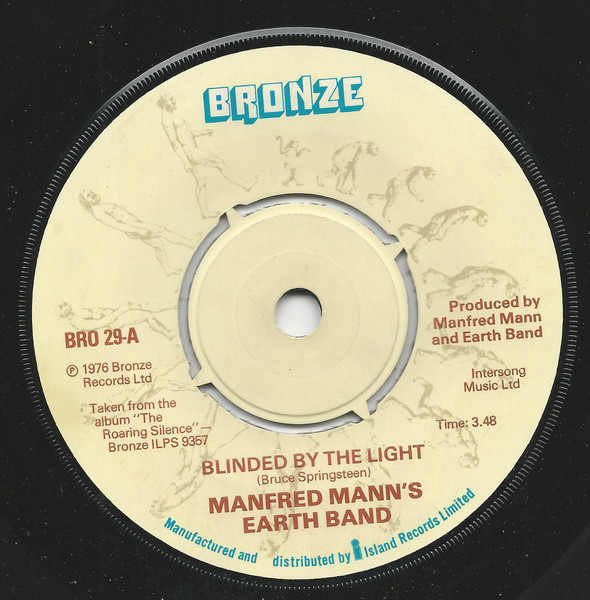
Intriguing progressive rock cover of a lyrically nonsensical (i.e. "Dylan-esque") Bruce Springsteen song. I find with most pop songs, however, that listening to them is a lot easier and a lot more enjoyable if you don't listen to their words. An abstract wallpaper design.
HOT CHOCOLATE: Heaven Is In The Back Seat Of My Cadillac/Sex Appeal (RAK 240)

Are Errol Brown & Co. now making records for fans of Confessions Of A Window Cleaner? This sounds positively creepy - driving out to the countryside? I'd call the police if I were her.
ACKER BILK, HIS CLARINET & STRINGS: Aria/The Fool On The Hill (Pye 7N 45607)

Interesting that Mr Bilk should cover the Beatles, since this is his first hit since they became famous. Learning to play the clarinet as I am at the moment - there are two different fingering systems I have to learn; a lot more complicated than the recorder but infinitely better-sounding - I am often prevailed upon to play "Stranger On The Shore." This is orchestral easy listening of the same kind, quite unlike the rumbustious bowler-hatted Dixieland that he plays on Pebble Mill At One, and I suppose Radio 2 must be playing it. Pleasant enough if you've never heard Anthony Braxton.
11 September
BAY CITY ROLLERS: I Only Wanna Be With You/Rock 'N Roller (Bell 1493)
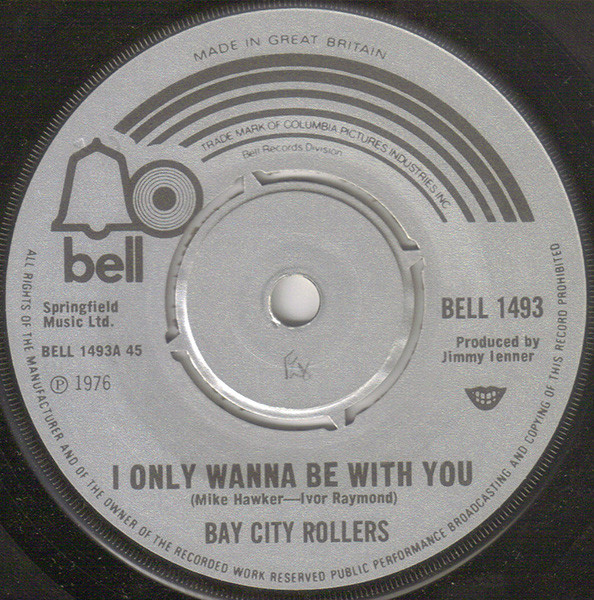
When in commercial trouble, a cover version is always the safest bet, and the Rollers knock seven decent bells out of their energetic reading of the bustling Dusty Springfield oldie, although I wish the producer Jimmy Ienner had resisted the temptation to add those Radio Clyde strings.
THE WURZELS: I Am A Cider Drinker (Paloma Blanca)/The Back Of My Old Car (EMI 2520)

Unable to do the decent thing and settle for being one-hit wonders, the patronising Somerset comedy-neutralisers return with another hideous "parody," and because most British people are frothing at the mouth for Thatcher to become Prime Minister they will make this another unnecessarily huge hit. Acker Bilk is more West Country than these poltroons will ever be.
THE REAL THING: Can't Get By Without You/(He's Just A) Moneymaker (Pye 7N 45618)

Soundalike follow-up already destined to become an equally big hit. So why does it sound like they are singing: "I can't get by without you - go away!"? They really ought to make their minds up.
18 September
ELVIS PRESLEY WITH THE JORDANAIRES: The Girl Of My Best Friend/A Mess Of Blues (RCA Victor RCA 2729)

I've just heard this on J*mmy S*v*l*'s Old Record Club and have no idea why it's been re-released. What will they be putting out next - "Hoots Mon" by Lord Rockingham's XI?
KIKI DEE: Loving And Free/Amoureuse/I've Got The Music In Me/(You Don't Know) How Glad I Am (The Rocket Record Company ROKN 515)

A catch-up E.P. for new listeners won over by "Don't Go Breaking My Heart" to remind them of what the great Bradford singer has also been doing of late. Let's hope she gets a proper, if belated, chart career.
25 September
CAN: I Want More/More (Virgin VS 153)
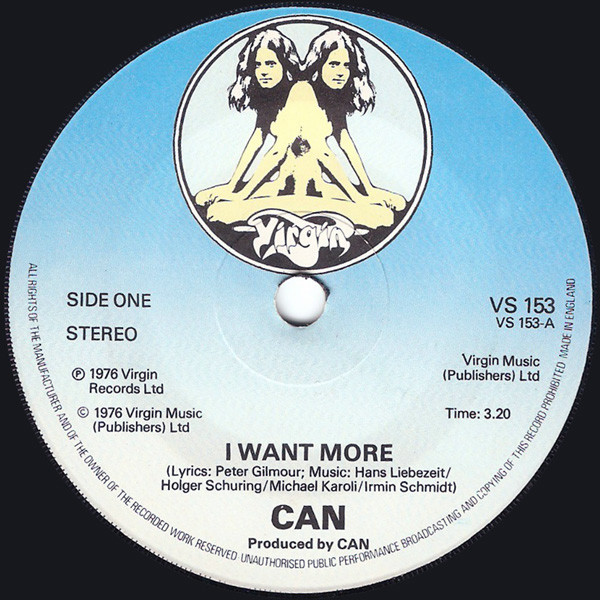
Well, who would have expected this - the great German band get a hit with what is more or less a disco record! My father is a big Can fan - because he considers them jazz - and inventive albums like Tago Mago and Soon Over Babaluma make the Moody Blues sound like Hope and Keen's Crazy Bus. Wonderfully minimalistic yet firmly swinging;; like all of their songs, you're disappointed that it doesn't last an eternity. Not sure if this will be a really big hit, but its presence in the charts makes them (the charts) different.
THE RITCHIE FAMILY: The Best Disco In Town (Part 1)/The Best Disco In Town (Part 2) (Polydor 2058 777)

Energetic medley of various recent hits for the clubs that should give the group the big hit they were cheated out of last year with "Brazil."
RICK DEES AND HIS CAST OF IDIOTS: Disco Duck (Part 1)/Disco Duck (Part 2) (Instrumental) (RSO 2090 204)

So superficially awful a novelty record that it's actually brilliant, complete with a Donald Duck impressionist (presumably Dees himself?) on lead vocals and a compelling melody and beat. This is going to be enormous and you can't and won't want to get away from it. Sharper than Ray Stevens and in a different comedic universe from the Wurzels.

